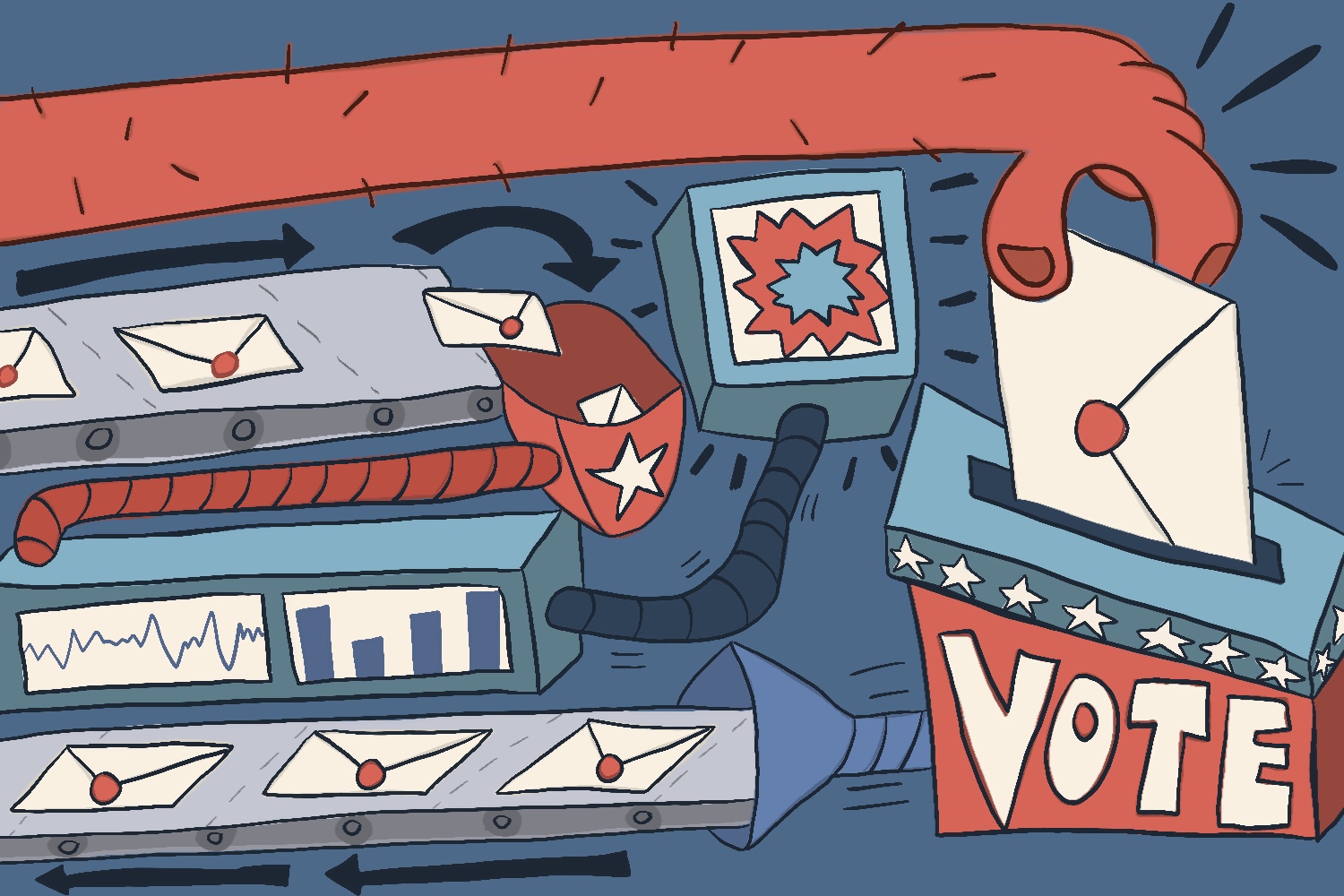Students looking to get their caffeine fix with a cold bottle of Coke can continue to do so until 2012, when the UVM’s contract with Coca-Cola expires. For other students, the end of the University’s contract couldn’t come soon enough.As the end of the contract approaches, some students are asking for a soft drink company with a more socially responsible track record.Freshman Justin Adelman, like many students, says he is concerned about UVM’s contract with Coca-Cola because of the company’s history of human rights and environmental abuses.According to the contract, Coca-Cola has “near-exclusive” rights to beverages on campus in exchange for $4.3 million over 10 years from July 1, 2002, to June 30, 2012.This is not the first time students have expressed concern over this issue.Several years ago, Students for Peace and Global Justice formed a branch of Killer Coke, an organization against Coca-Cola, to try to ban the sale of Coke on campus.”Money was the determining factor in choosing Coke as a sponsor,” David Martin, former director of UVM’s purchasing department, said in a University Communication’s Staff Report.According to the report, Coca-Cola offered $4.3 million, while Pepsi only offered $4 million.Coca-Cola has exclusive rights to vending machines and beverages provided within dining halls, according to the contract.In addition, 80 percent of cooler and shelf space in University convenience stores and the UVM Bookstore is Coca-Cola’s, following the terms of the contract. Sodexho decides the other 20 percent.Exceptions to Coca-Cola’s exclusive rights are fresh-brewed coffee and tea, cider, milk, freshly blended smoothies and fresh-squeezed juices.The contract also mandates that no competitive beverage trademarks be displayed on campus.This also means no competitive beverages may be served at University-sponsored events.According to Killer Coke, bottling plants in Colombia are home to “daily life-and-death struggles” for workers.Killer Coke said that union leaders have been murdered, and hundreds of other Coke workers have been tortured, kidnapped and illegally detained by violent paramilitaries, often working closely with plant management.Furthermore, Coca-Cola benefits from another human rights violation: child labor in sugar cane fields in El Salvador, according to Common Dreams, a national progressive nonprofit organization.For some, concerns are not solely humanitarian, but environmental as well.According to the India Resource Center (IRC), Coca-Cola has been operating numerous bottling plants in India in violation of environmental laws and regulations.The plant was reported to be indiscriminately dumping its “sludge” — considered to be hazardous waste — across the plant premises and discharging its wastewater into surrounding agricultural fields, according to the IRC report.”I think that once 2012 comes around, UVM should look for a contract with another beverage provider that better reflects UVM’s eco-friendly image,” freshman Jackson Diebold said.Bard College, Bryn Mawr College, Hofstra University, Oberlin College and Rutgers University are just some of the over 40 colleges which have successfully banned the sale of Coca-Cola on campus, according to Killer Coke.”If other schools can completely kick Coke off campus, I don’t understand why a school that prides itself on being so environmentally aware can’t do the same,” freshman Holidae Filkins said.












